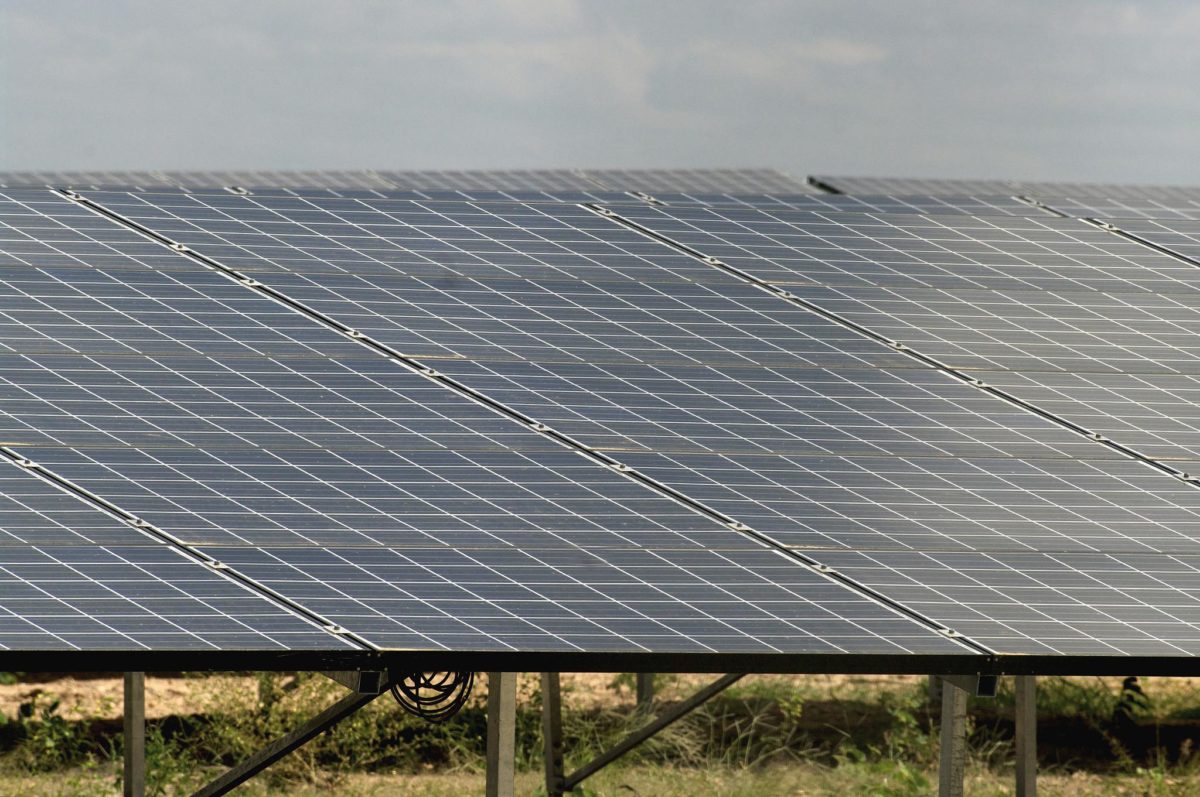Brazilian energy regulator the Agência Nacional de Energia Elétrica (ANEEL) has recommended keeping the current rules for distributed generation in a public consultation it has launched about a planned review of distributed generation rules, which in Brazil apply to all generators with systems up to 5 MW in scale.
In its statement, the regulator said tariffs granted under the net metering regime should be left unchanged until the installed capacity of micro and mini distributed energy systems reaches a certain level. “Studies, however, indicate that maintaining the current rules indefinitely can lead to high costs for the other users of the network, who did not install their own generation. In this sense, it would be necessary to modify the rules after further consolidation of the distributed generation market,” ANEEL added.
ANEEL director-general André Pepitone said, when new rules are approved they will be applied only to new entrants in the distributed generation business. For those who are already generating power under net metering, the current rules will be maintained. “We have regulatory stability, regulation is for the future, for new entrants,” he said, referring to the growth of distributed generation as an “inexorable movement that allows consumer empowerment”.
Power companies fear advance of DG
In mid-November, Brazilian solar association ABSOLAR warned against requests by Brazilian distributors to change the rules so consumers with distributed generation would pay more for distribution networks. The motivation is purely financial, said ABSOLAR, adding: “By empowering consumers by making them active producers of their own renewable and more independent energy, distributed solar photovoltaic generation threatens the revenues and profits of distributors that do not adapt to the new reality of the market.”
The association cited ANEEL data indicating the reduction of average revenue for distributors that would be caused by a growth of distributed generation to 150,000 consumer units by 2020 would be less than 0.1%, and the average impact on consumer tariffs would be less than 1%.
Last year, solar distributed generation increased at its fastest rate, with 371.9 MW of new capacity installed.
What President Bolsonaro will decide on the future of residential and commercial and industrial solar is an unknown. pv magazine’s Latam editor, Pilar Sánchez Molina has compiled the energy sector promises made by the new president during his electoral campaign. From her analysis, it seems likely he will maintain a focus on hydropower, gas and fossil fuels, despite his stated intention to take advantage of the great potential of solar and wind in northeastern Brazil.
This content is protected by copyright and may not be reused. If you want to cooperate with us and would like to reuse some of our content, please contact: editors@pv-magazine.com.




1 comment
By submitting this form you agree to pv magazine using your data for the purposes of publishing your comment.
Your personal data will only be disclosed or otherwise transmitted to third parties for the purposes of spam filtering or if this is necessary for technical maintenance of the website. Any other transfer to third parties will not take place unless this is justified on the basis of applicable data protection regulations or if pv magazine is legally obliged to do so.
You may revoke this consent at any time with effect for the future, in which case your personal data will be deleted immediately. Otherwise, your data will be deleted if pv magazine has processed your request or the purpose of data storage is fulfilled.
Further information on data privacy can be found in our Data Protection Policy.